WESTERN VISAYAS, September 12, 2023 – Growing crops is one of the sources of income for rural communities in the lowland and upland areas of Western Visayas. Farmers cultivate rice, vegetables, and root crops in their backyards and small-scale production areas. While most of their harvests are intended for home sustenance, a small portion of their agricultural produce is marketed to the neighboring villages and towns.
However, because of the rise in the cost of agricultural inputs like fertilizer and pesticides, most farmers do not make enough money to meet their needs. In addition, most farmers are situated in remote areas that are challenging to get to because of impassable roads. Before getting to the town proper, residents had to cross a river or hike along treacherous trails. These challenges limited their access to marketing their produce and establishing links to commercial enterprises.
How SAAD provided livelihood assistance to rural farmers
During SAAD Program Phase 1, Antique and Negros Occidental are among the priority provinces where assistance to beneficiaries began in 2019. Through collaborative approach, the Program and local government units (LGUs) facilitated rural agricultural development through provision of livelihood projects and extension services anchored on the assessed needs of the most marginalized communities to achieve food access and security.
A total of 17,516 farmers belonging to 507 farmer’s associations (FAs) received livelihood projects during the four-year course of the implementation. Among the provided projects were rice, corn, coffee, vegetable, cassava, poultry, and livestock. For high-value crop commodities, some farmer-group beneficiaries turned agripreneurs after establishing community-based enterprises.
The Sitio Ania I Masaligan Farmers’ Association (SAMFA) in the farflung barangay of Calatrava, Negros Occidental shared their experience after two (2) years of managing SAAD’s project. The group claimed they increased their production because they planted not just one crop but the “bahay-kubo” vegetables in general, which they primarily sold at the town proper and even in the nearby city of San Carlos. Families also have a steady supply of food since the members continue to set aside a portion of their harvested crops for home consumption.
For the two years, the group accumulated a net income worth Php 357,144 from trading fresh vegetables. The group assigned their business manager to market their farm produce from both communal and individual areas, thus they were able to set a competitive price for their goods likewise reducing their expenses for hauling fees.
Through stable income from vegetable trading, the group established a rice and feeds retailing business situated in the center of the community where residents no longer need to go to the town proper to buy rice and feeds.
The livelihood inputs provided by the program for free, according to SAMFA farmers, allowed them to lower production costs. The money saved to buy vegetable seeds and fertilizers was better used for paying expenses on school, house renovation, and other daily essentials. Also, utilizing farm tools provided for land preparation, production, and harvesting made their farm work easy.
In Antique, one FA composed mostly of 4Ps beneficiaries, has gained access to the ginger project from SAAD and attested to the opportunity the project provided. The Stone Cave United La Union FA (SCULFA) ventured into ginger processing using the raw materials received from the program.
In 2020, SCULFA was identified as a SAAD beneficiary and received interventions under the FY 2021 Ginger Production Project. One year into production and only a few months into processing, the group was able to harvest 402 kilograms (kg) traded at Php 30/kg.
Due to the inclement weather in the area, the 150kg harvested in the following week were of reduced quality – edible but not marketable, thus the yield were allotted for home.
Out of this harvest, the 100kg rhizomes separated for replanting were then planted in the last week of May with expected harvest in March 2024. With an income of Php 9,060, 10% was then remitted to their savings.
The inputs served as their start-up capital and allowed them to mass produce as the group cultivated the planting materials not only in their communal area but also in each member’s individual production sites. They claimed that the inputs have helped boost their production, unlike before where they can only yield in kilograms instead of half a ton. It also supported the members in purchasing their day-to-day basic needs in the household and paid their children’s expenses in school.
Ms. Miguilina Villasor, SCULFA President, expressed the reason why their group was formed, “Natukod ang amon asosasyon tungod gusto namon maka-access sang government projects. Luwas diri, mostly sa amon mga members mga nanay nga nagasalig sa 4Ps. Gusto ko man nga ma-empower ang mga kapwa ko nanay nga hindi sa tanan nga oras, ara ang gobyerno nga maghatag sang ayuda. Kinahanglan man nga ma-empower sila agud makatindog sila sa ila sarili nga mga tiil kag mataguyod nila ila tagsa ka pamilya nga mapaangat ang ila pangabuhian.”
(Our association was formed because we wanted to gain access to government projects. Apart from this reason, most of our members are mothers who solely depend on 4Ps. I want to empower my fellow mothers and make them realize that not all the time, the government is there to provide grants. They need to be empowered so they can stand on their own feet, sustain their family’s needs, and lift up the status of their livelihood.)
She also shared the impact of the SAAD Program to their lives as rural women in their community, “Yung hanapbuhay namin dito, bago pa dumating si SAAD, ay talagang napakahirap. Walang kalabaw na maging katuwang mo sa paghahanapbuhay. Kung gustuhin mo mang magtanim, kailangan mong bungkalin nang mano-mano yung lupa. Ang hirap na wala kang permanenteng hanapbuhay. Kaya ngayon, nung dumating na si SAAD, nagpapasalamat po talaga kami dahil nabigyan po kami ng ganitong proyekto kung saan may pagkukunan na kaming extra na kita,” said Ms. Villasor.
(Our livelihood here before SAAD came was very difficult. There is no draft animal that could assist you in your farm work. If you want to plant, you have to manually till the land. It’s difficult having no permanent job. Now, when SAAD came, we are very thankful because we were given this project where we could earn extra income.)
As to marketing, the group has a consolidation center or bagsakan located in San Jose, Antique, where all souvenirs, native delicacies, and pasalubong products are sold. They also have links in pasalubong centers in the nearby towns of Patnongon and Bugasong and have identified distributors in the province.
UNLAD Lokal Coffee Table Book
To learn about and feature strategies of farmers in sustaining nutritious food supply for their communities as well as their entrepreneurial skills to develop the rural economy, the DA-SAAD national and regional staff together with Regional Agriculture and Fisheries Information Section (RAFIS) Chief James Earl Ogatis and Information Officer Joan Capaciete visited five (5) priority municipalities in Negros Occidental and Antique on August 14-16, 2023.
A total of five (5) FAs turned community-based enterprises (CBEs) in the region were validated. These are the Pandanon Integrated Upland Small FA in Don Salvador Benedicto, Binhi sang Kauswagan sa Sto. Domingo Integrated FA in Moises Padilla, Sitio Ania I Masaligan FA in Calatrava, Stone Cave United La Union FA in San Remigio, and Tigmamale Valderrama Irrigators, Inc. in Valderrama.
Collected information, experiences, and stories from farmer groups that have demonstrated exemplary results in livelihood projects will be the centerpiece of the Unlad Lokal Coffee Table Book. This will be a reference containing information on the farmers’ exemplary performance during project implementation, which aims to introduce them and their associations to other parallel programs and projects of the national and local development agencies in the agriculture and fisheries sectors, including private companies and non-governmental organizations. ###
Writers: Cedie C. Bataga and Christ John B. Gamarcha, DA-SAAD Western Visayas Information Officers

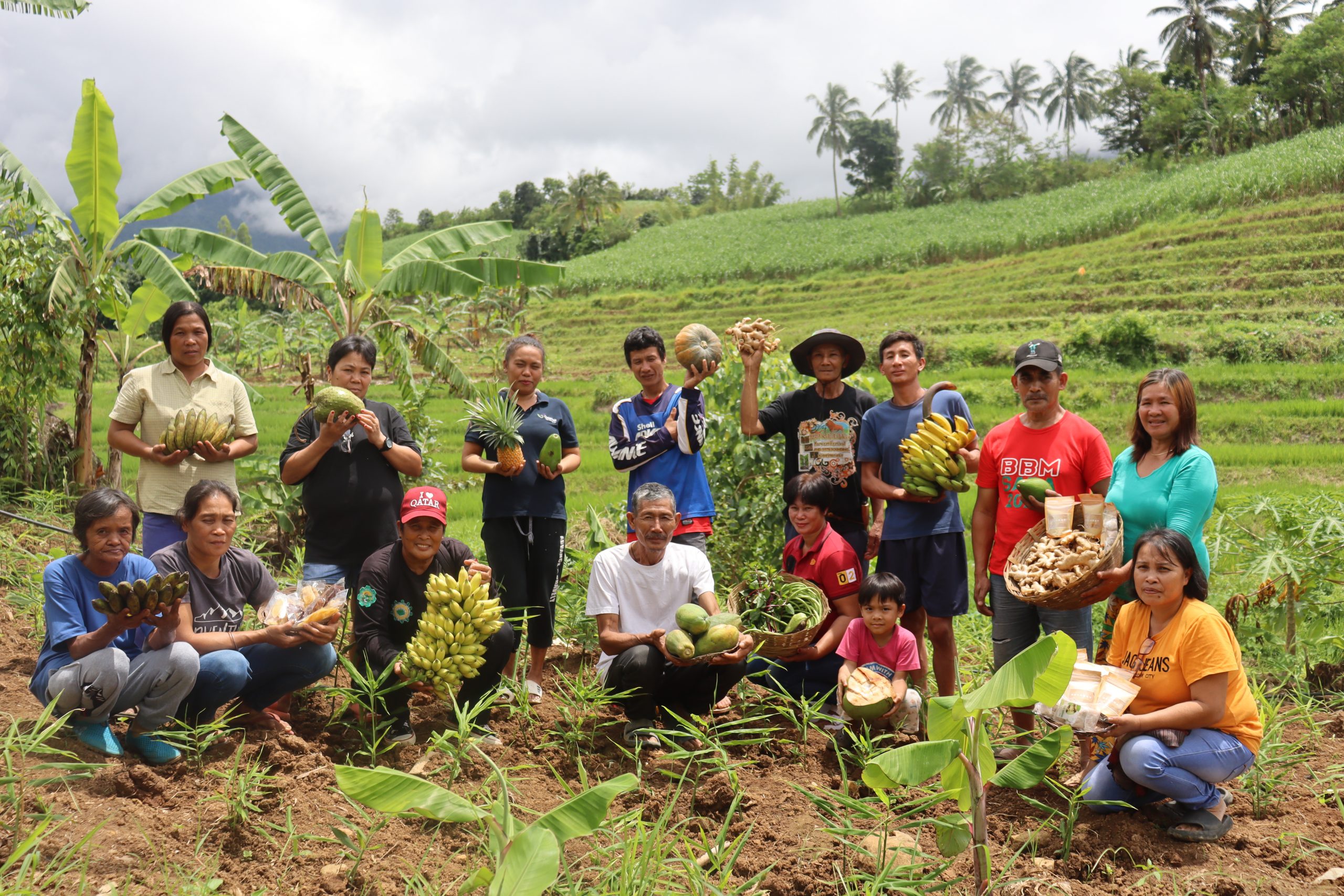
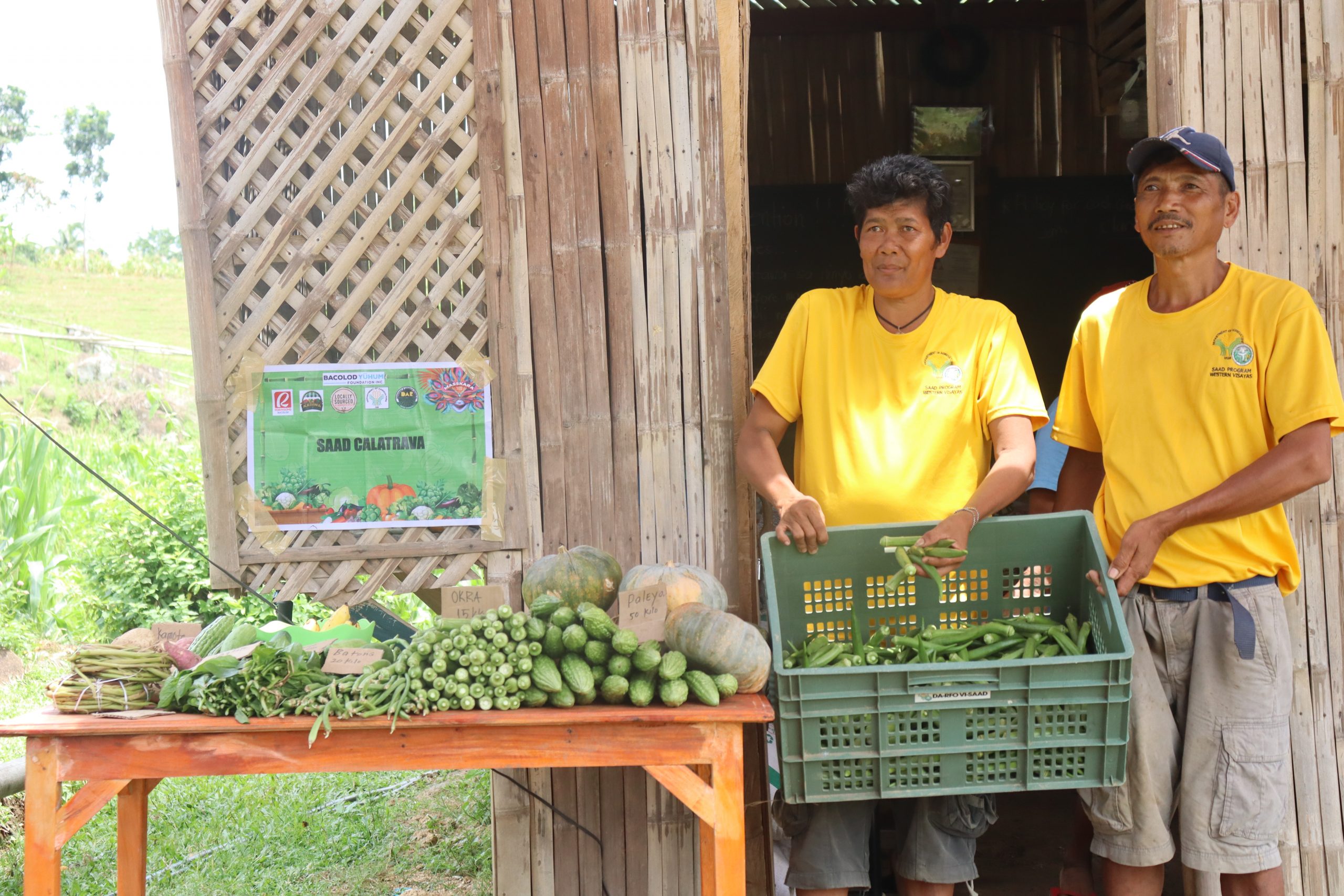


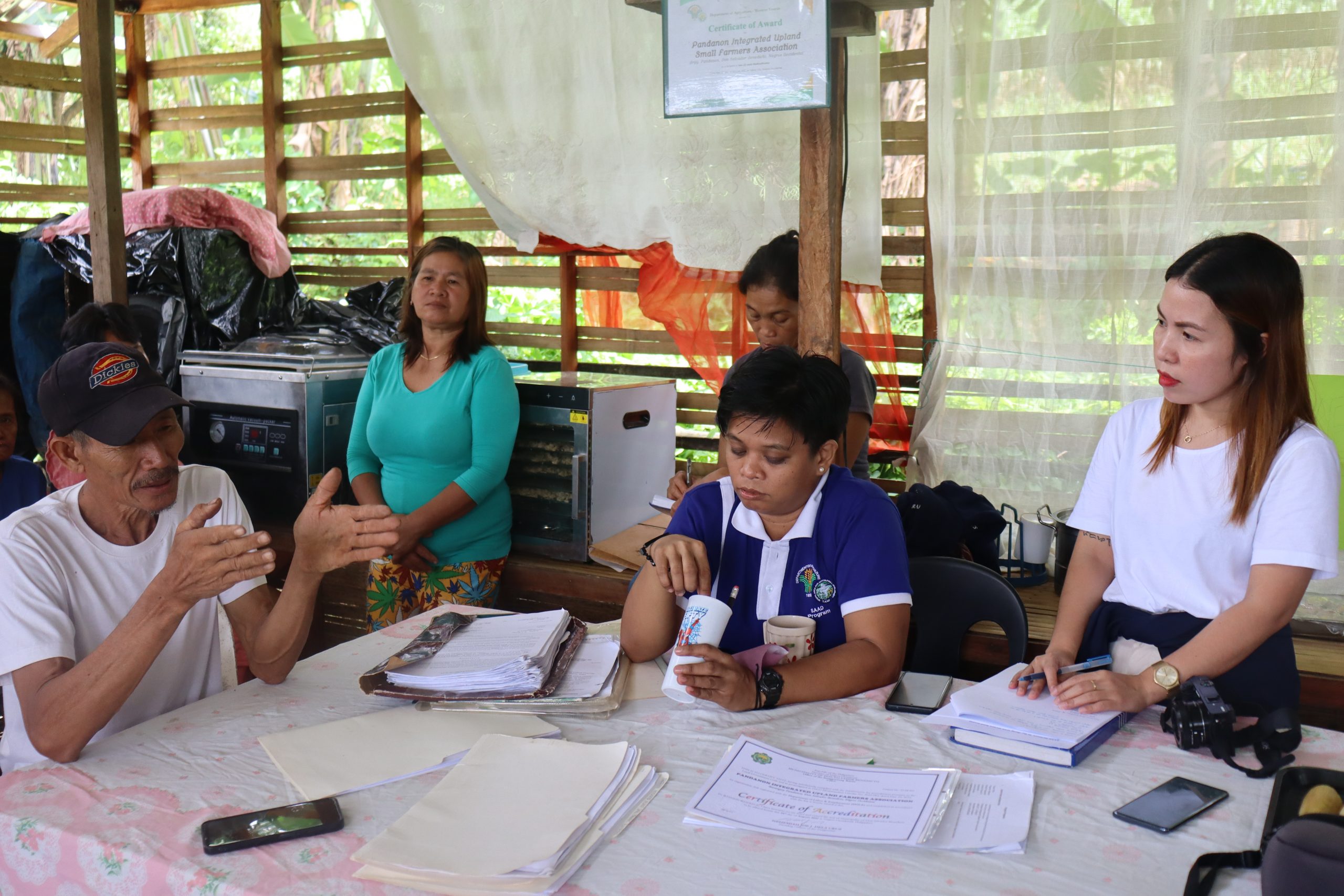


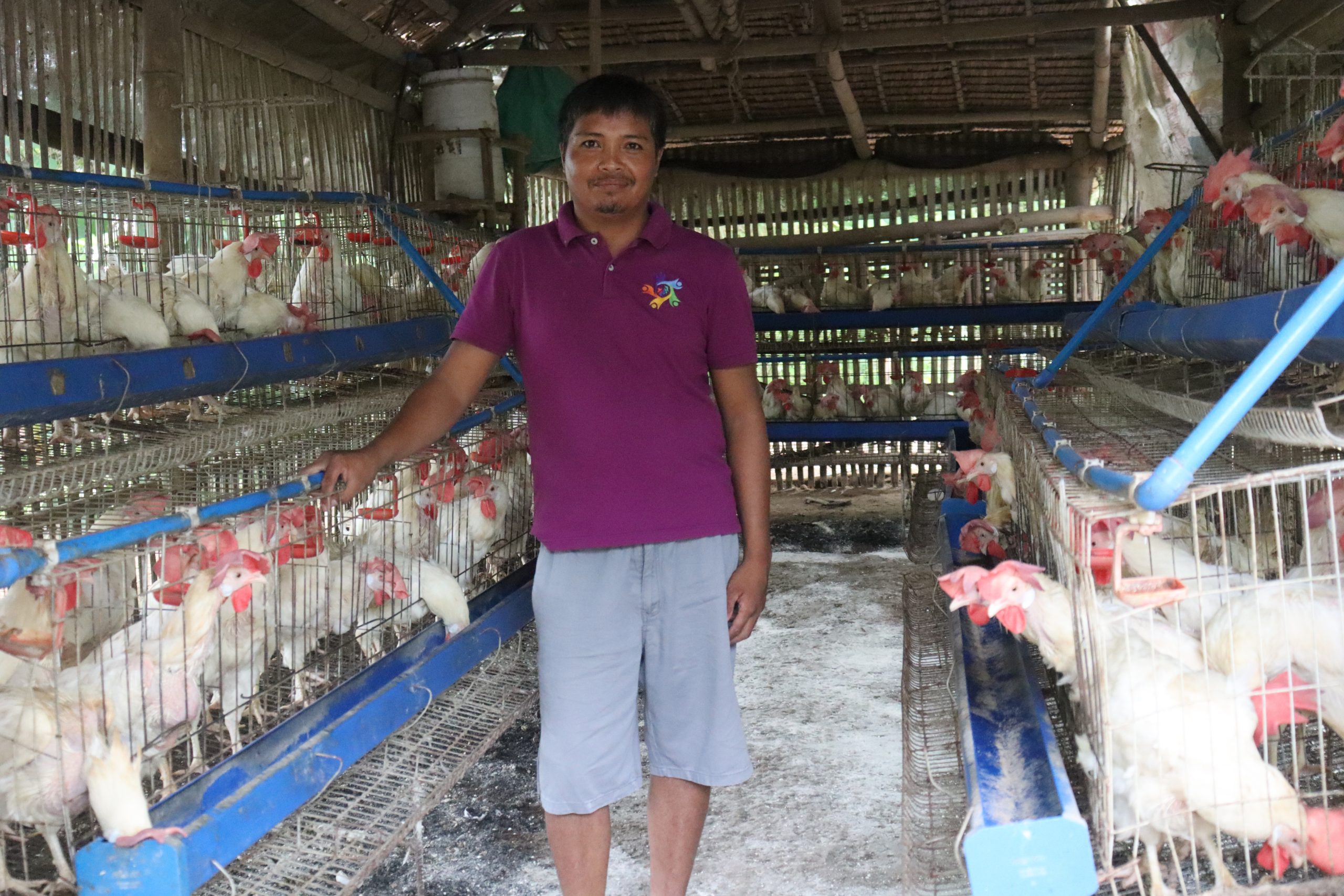

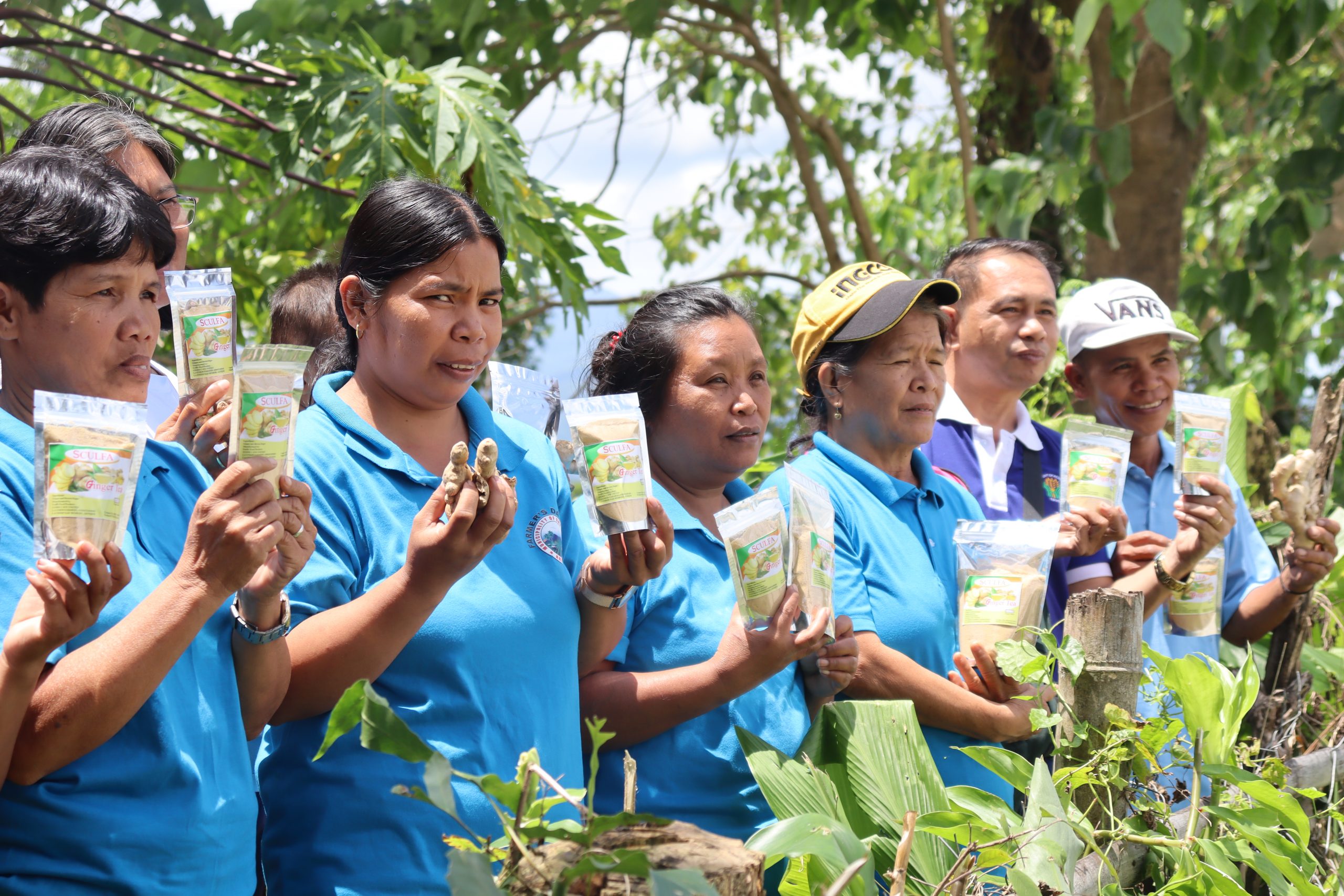

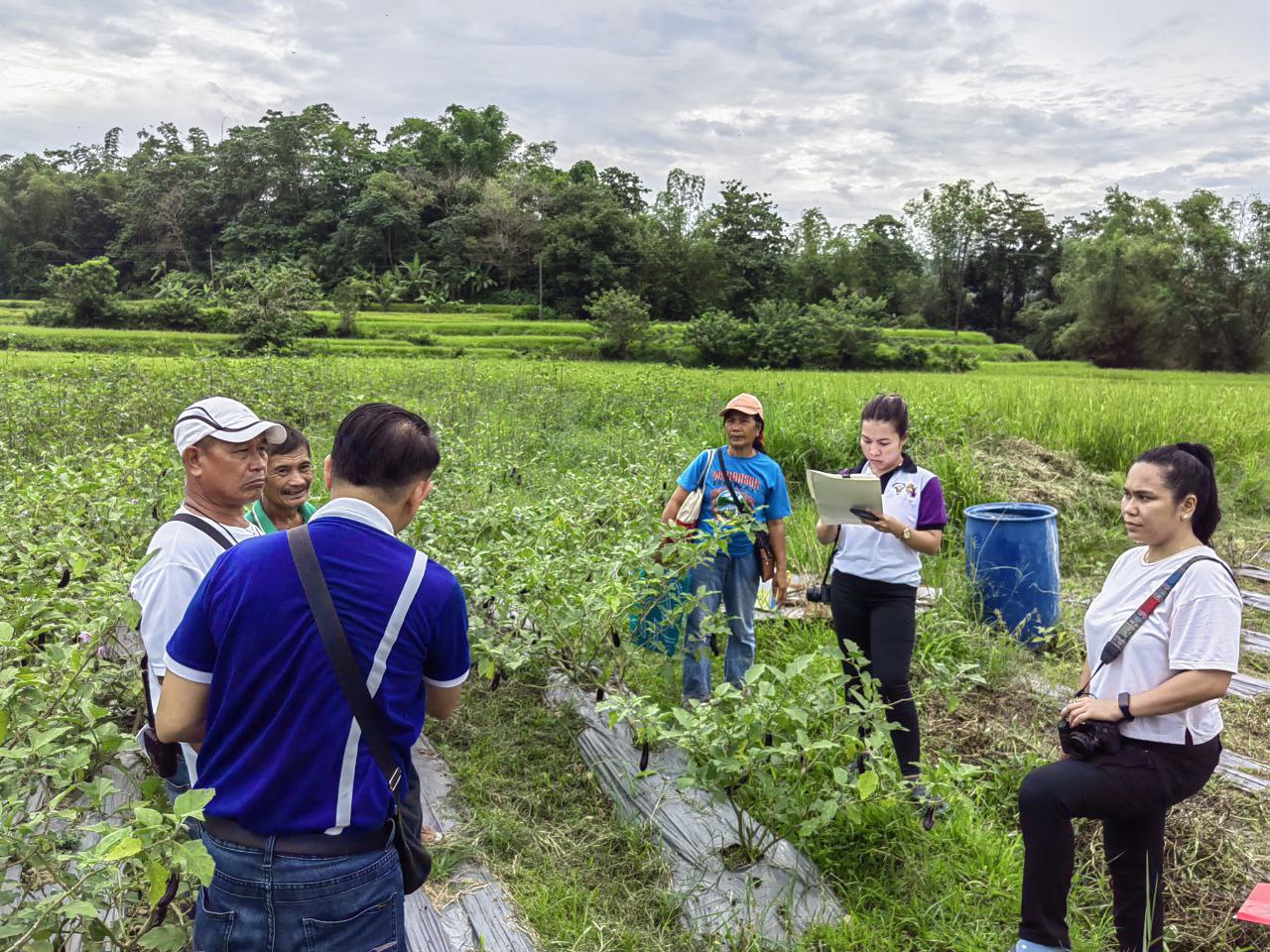
Comments (0)